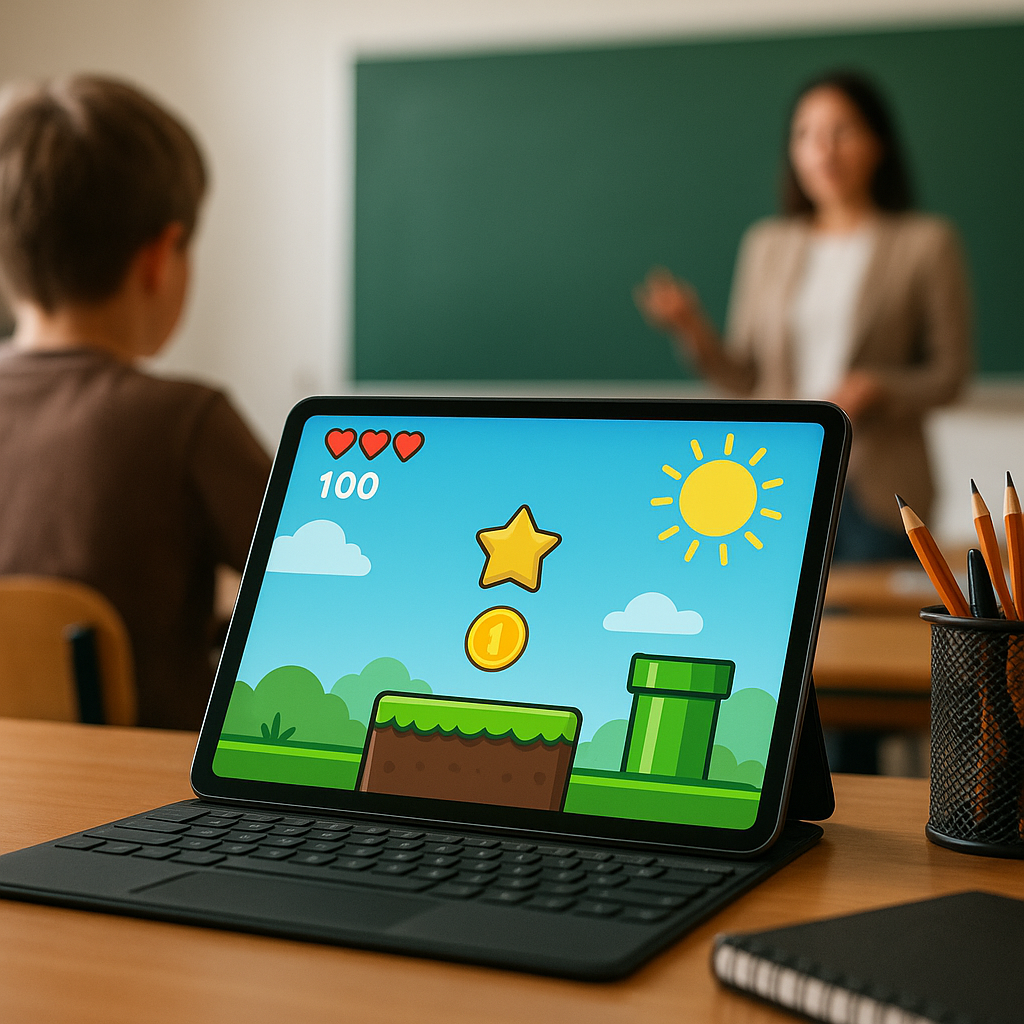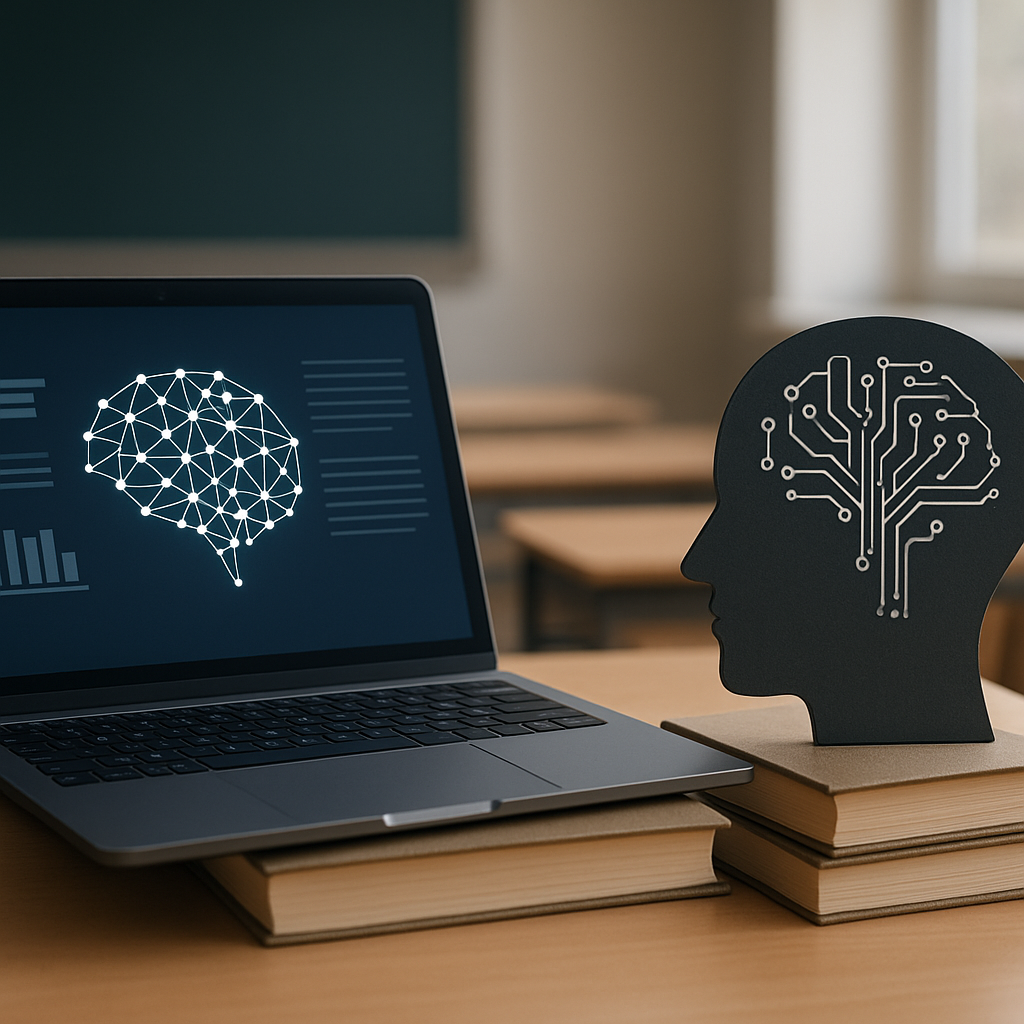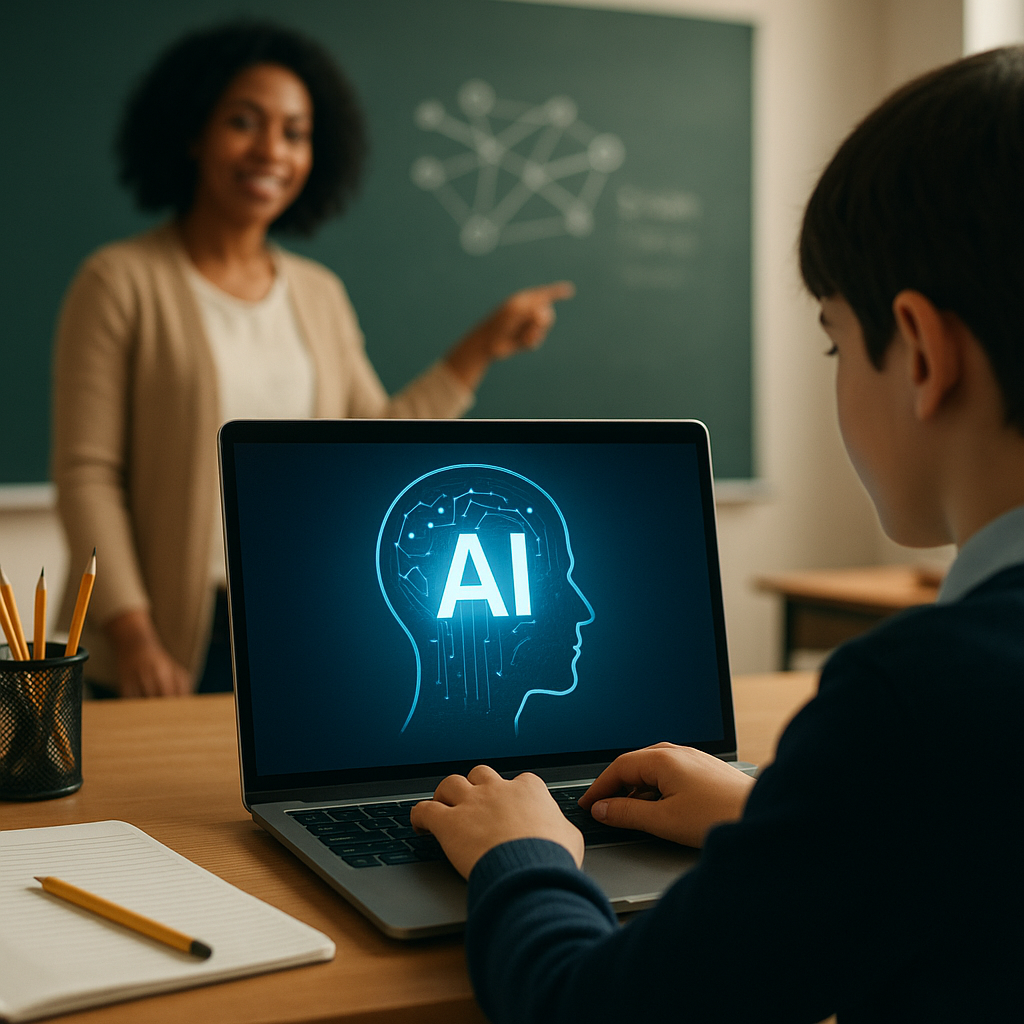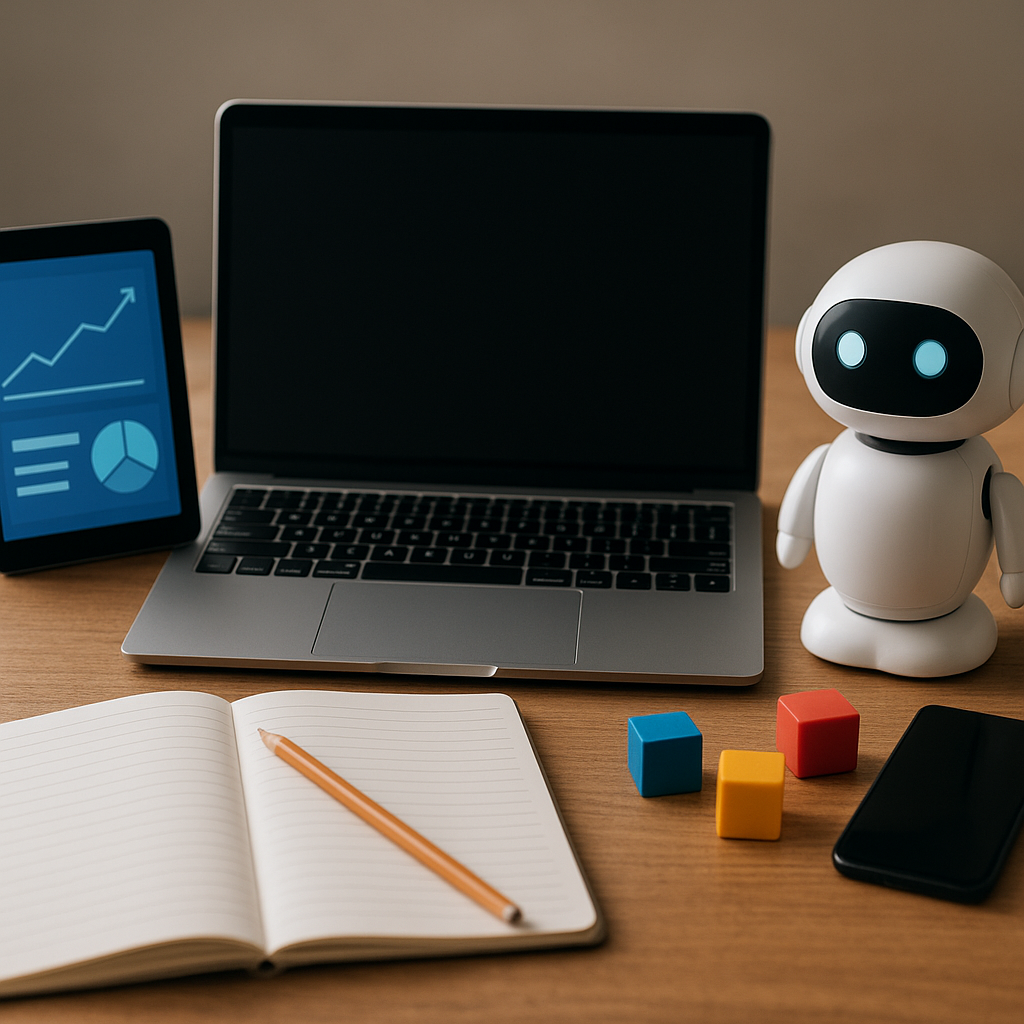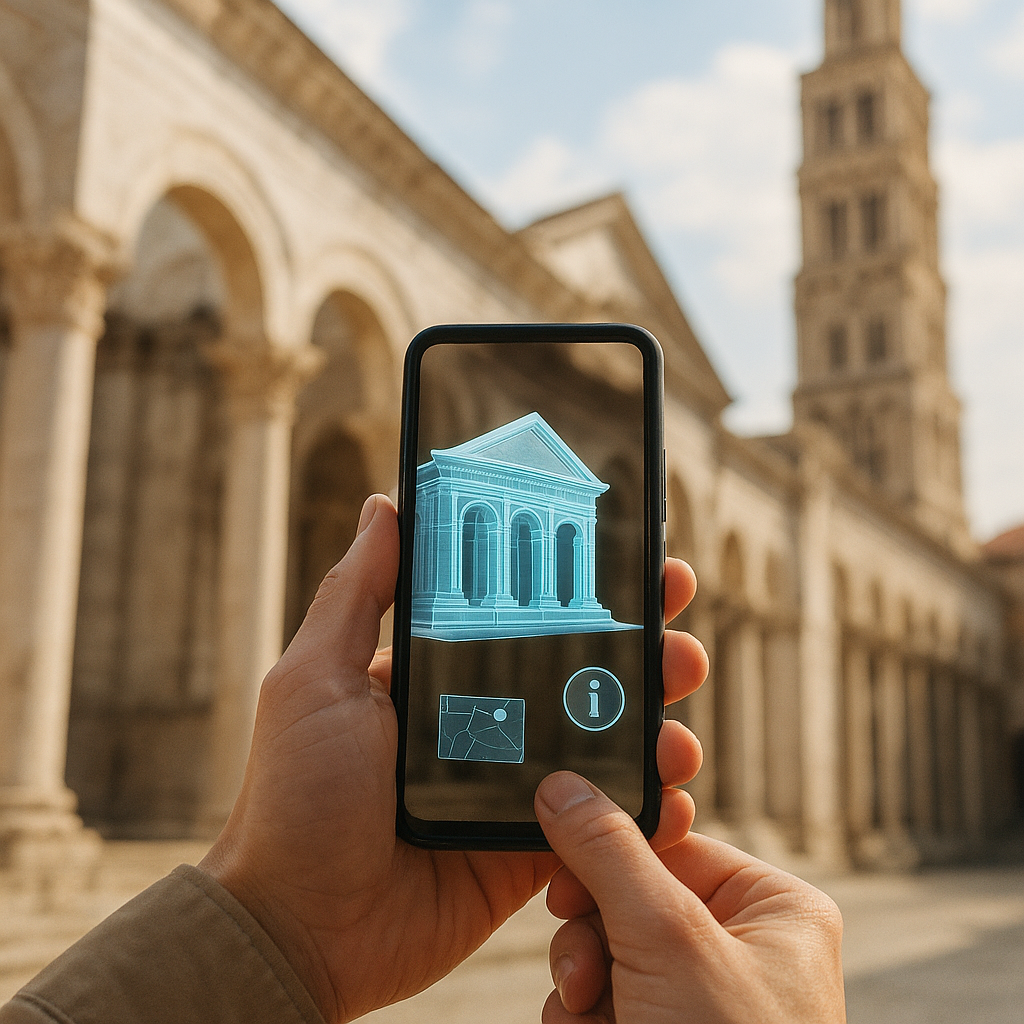The Role of AI in Enhancing Personalized Learning Experiences
Summary: As artificial intelligence (AI) continues to reshape the educational landscape, its role in personalizing learning experiences has become increasingly pivotal. By adapting to individual learner needs, AI technologies such as adaptive learning systems promise to revolutionize both higher education and K-12 environments, improving engagement and outcomes.
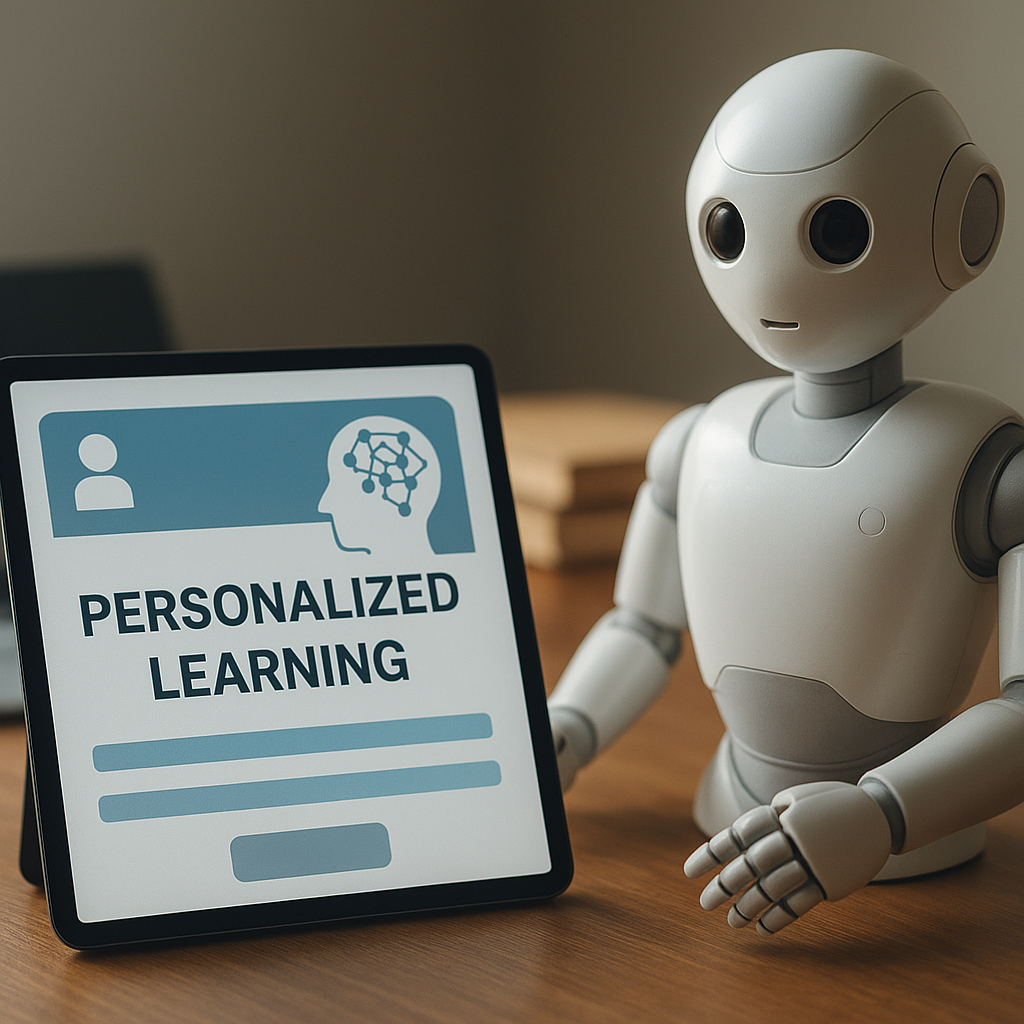
Introduction to AI in Education
The integration of artificial intelligence within education has sparked conversations about the future of learning. AI technologies are no longer just a buzzword; they are increasingly becoming indispensable tools for enhancing personalized education. According to recent studies, the adoption of AI applications in educational settings is driven by the need for tailored learning experiences that can accommodate diverse student needs.
The Need for Personalized Learning
Personalized learning refers to educational strategies that tailor learning experiences to individual students’ strengths, needs, and interests. The traditional one-size-fits-all approach often leaves many learners disengaged and underperforming. The American Educational Research Association notes that personalized learning can lead to improved academic achievement, increased motivation, and enhanced self-efficacy.
How AI Enhances Personalized Learning
AI utilizes complex algorithms and data analysis to create adaptive learning systems that modify content delivery based on learner performance. Key features of AI-enhanced personalized learning include:
- Adaptive Learning Systems: These systems adjust the difficulty of tasks in real-time to suit the learner’s pace, promoting not just comprehension but also retention.
- Intelligent Tutoring Systems: These AI-driven programs provide tailored feedback, helping students understand complex concepts within their learning context.
- Data-Driven Insights: Educators can glean insights from data analytics to identify patterns in student performance, enabling early intervention strategies for those lagging behind.
- Engagement Enhancement: AI can create interactive and immersive learning experiences, thereby maintaining students’ interest in subject matter through gamification and adaptive assessments.
Global Trends in AI-Driven Education
Countries around the world are investing in AI technologies to elevate their educational systems. For instance, South Korea’s recent transformation of its educational frameworks through AI-driven textbook content has led to a more engaging and personalized learning experience for students. This shift is in line with a broader global trend of integrating technology within traditional learning frameworks.
Research findings indicate substantial growth in the adoption of augmented reality (AR) and virtual reality (VR) within educational frameworks. The global AR/VR in education market is projected to reach $22 billion by 2030, reflecting a growing commitment to adopting immersive learning experiences.
Case Studies of AI Utilization in Education
Several educational institutions have effectively implemented AI-driven models to great success:
- Carnegie Learning: An AI-driven mathematics curriculum that personalizes student learning paths based on real-time data.
- Knewton: Offers adaptive learning technologies that provide personalized educational experiences tailored to different learning styles.
- Duolingo: Uses machine learning to adapt language instruction to the learner's pace, facilitating better retention and progress through individualized courses.
Challenges and Considerations
While the prospects of AI in education are promising, challenges remain. Key considerations include:
- Data Privacy: AI systems require substantial data collection, which raises concerns about student privacy and consent.
- Equity in Access: Disparities in technology access can exacerbate existing educational inequalities, leaving vulnerable populations further behind.
- Teacher Training: Educators need training to effectively integrate AI tools into their teaching practices, ensuring alignment with educational goals.
The Future of AI in Personalized Learning
As educational institutions continue to explore innovative methods to enhance learning, the role of AI is expected to expand. Emerging trends point towards:
- Integration of AI with Traditional Pedagogy: The fusion of traditional teaching methods with AI tools will create hybrid models that ensure both human interaction and technological enhancements.
- Continuous Improvement: AI technologies will evolve, offering even more precise adaptations based on individual learning patterns, thereby fostering lifelong learning.
- Collaboration Tools: Enhanced AI-based collaborative tools will facilitate group learning and peer interactions, creating a more well-rounded educational experience.
Conclusion
Artificial intelligence stands at the forefront of educational innovation, catalyzing a shift towards personalized learning experiences that cater to the unique needs of each student. As we move forward, it is crucial to address the challenges while harnessing the potential of AI to create inclusive and effective educational environments. The journey of integrating AI into the learning process is only just beginning, and its long-term impact will be profound.
Related Video
Watch a detailed exploration of AI in education.



